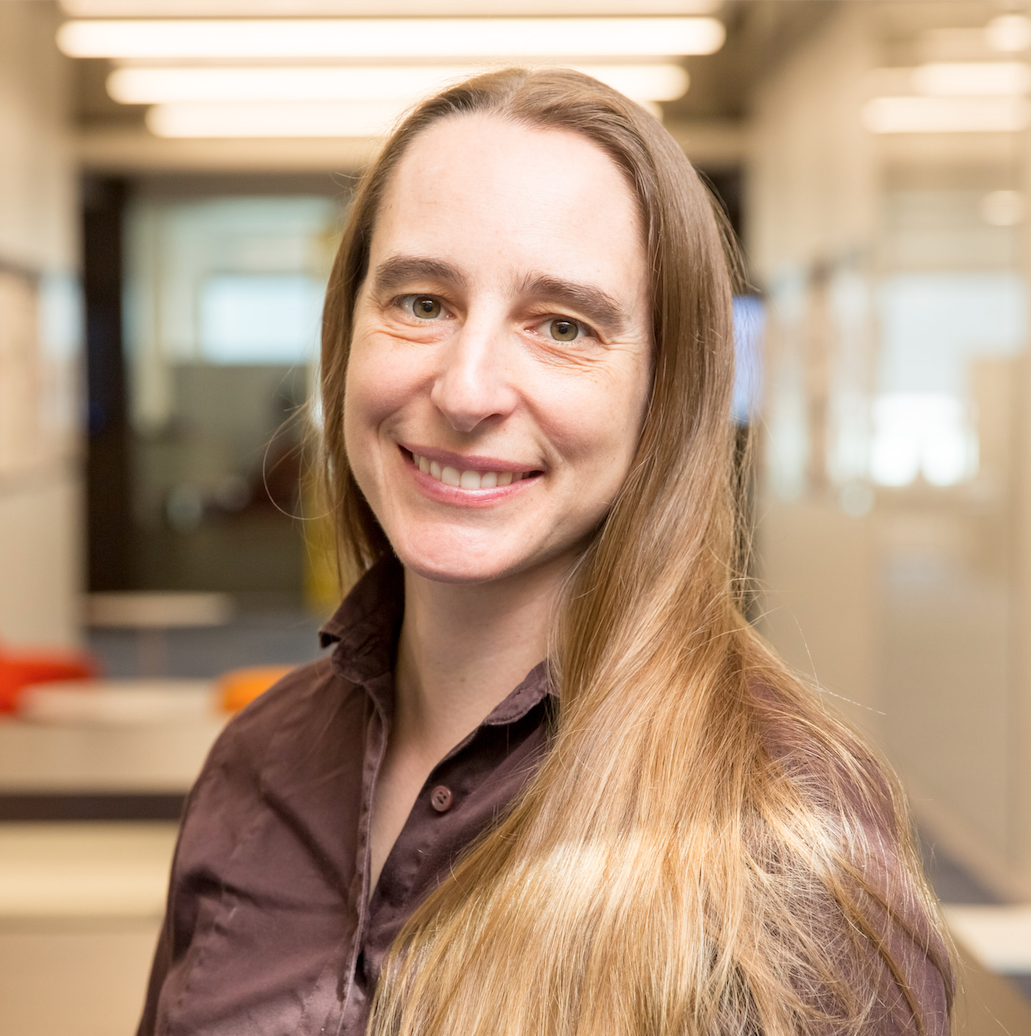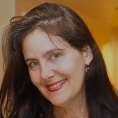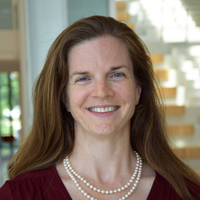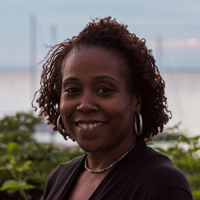2021 CRA Board of Directors Election Results
CRA members have elected three new members to its Board of Directors: Diana Franklin, Katie Siek and Eve Schooler. James Allan, Stephanie Forrest, Ayanna Howard, Ran Libeskind-Hadas, Rachel Pottinger, and Chris Ramming were re-elected to the CRA board. All of their terms run from July 1, 2021 through June 30, 2024. Vivek Sarkar will remain on the board as the co-chair of the CRA Industry Committee. CRA would like to thank everyone who agreed to run this year.
Retiring from the board as of June 30, are Michael Franklin, Kathryn McKinley, Greg Morrisett, and Ellen Zegura. CRA thanks them all for contributions during their service on the board.
 Diana Franklin
Diana Franklin
Diana Franklin is an associate professor in computer science at the University of Chicago. When she received her PhD at UC Davis, 2002, her research focus was computer architecture, especially new technologies. She has done research in intelligent memories, memristors, and quantum computers. In 2008, she began her transition to computer science education research. She now leads the CANON (Computing for ANyONe) Lab, specializing in both 3rd-8th grade computer science interventions and quantum computing education for novices of any age with a particular focus towards moving towards more equitable learning experiences. She is currently the co-lead of the Q-12 Partnership, a new initiative by the Office of Science and Technology Programs, the National Science Foundation, industry, and professional organizations to bootstrap K-12 quantum information science education.
 Eve Schooler
Eve Schooler
Eve M. Schooler is a Principal Engineer and Director of Emerging IoT Networks at Intel. Her current work focuses on developing architectural building blocks to evolve the Internet toward a data-centric Edge-to-Cloud continuum and Sustainable infrastructure . She is responsible for setting technical and strategic direction for IoT standards , bridging upper layer IoT and lower layer networking. While at Intel, she has led R&D on a range of topics including collaborative anomaly detection for network security, data privacy-preservation in Smart Homes, energy efficiency for the Smart Grid, data-centric networking, and reverse CDNs for aggregated video streams in Smart Cities. A recognized expert in distributed systems, Eve has served in leadership positions in various standards bodies, and currently serves on the I ETF IoT Directorate and co- chairs the IETF Reliable and Available Wireless (RAW) WG to support L3 time sensitive networks, as well as the Computing-in-the-Network (COIN) RG, examining the convergence of networking- compute-storage. Prior to Intel, she held positions at Apollo Computers (acquired by HP), Information Sciences Institute (ISI), AT&T Labs-Research, and Pollere. Eve obtained a BS from Yale, MS from UCLA, and PhD from Caltech, all in Computer Science. She is the co -recipient of the 2020 IEEE Internet Award for her work on control protocols for Internet telephony and multimedia teleconferencing.
 Katie Siek
Katie Siek
Katie Siek is a professor and chair of informatics at Indiana University Bloomington. Her primary research interests are in human computer interaction, health informatics, and ubiquitous computing. More specifically, she is interested in how sociotechnical interventions affect personal health and well being. Her research is supported by the National Institutes of Health, the Robert Wood Johnson Foundation, and the National Science Foundation including a five-year NSF CAREER award. She has been awarded an NCWIT Undergraduate Research Mentoring Award (2019), a CRA-W Borg Early Career Award (2012), and Scottish Informatics and Computer Science Alliance Distinguished Visiting Fellowships (2010 & 2015). Prior to returning to her alma mater, she was a professor for 7 years at the University of Colorado Boulder. She earned her PhD and MS at Indiana University Bloomington in computer science and her BS in computer science at Eckerd College. She was a National Physical Science Consortium Fellow at Indiana University and a Ford Apprentice Scholar at Eckerd College.



